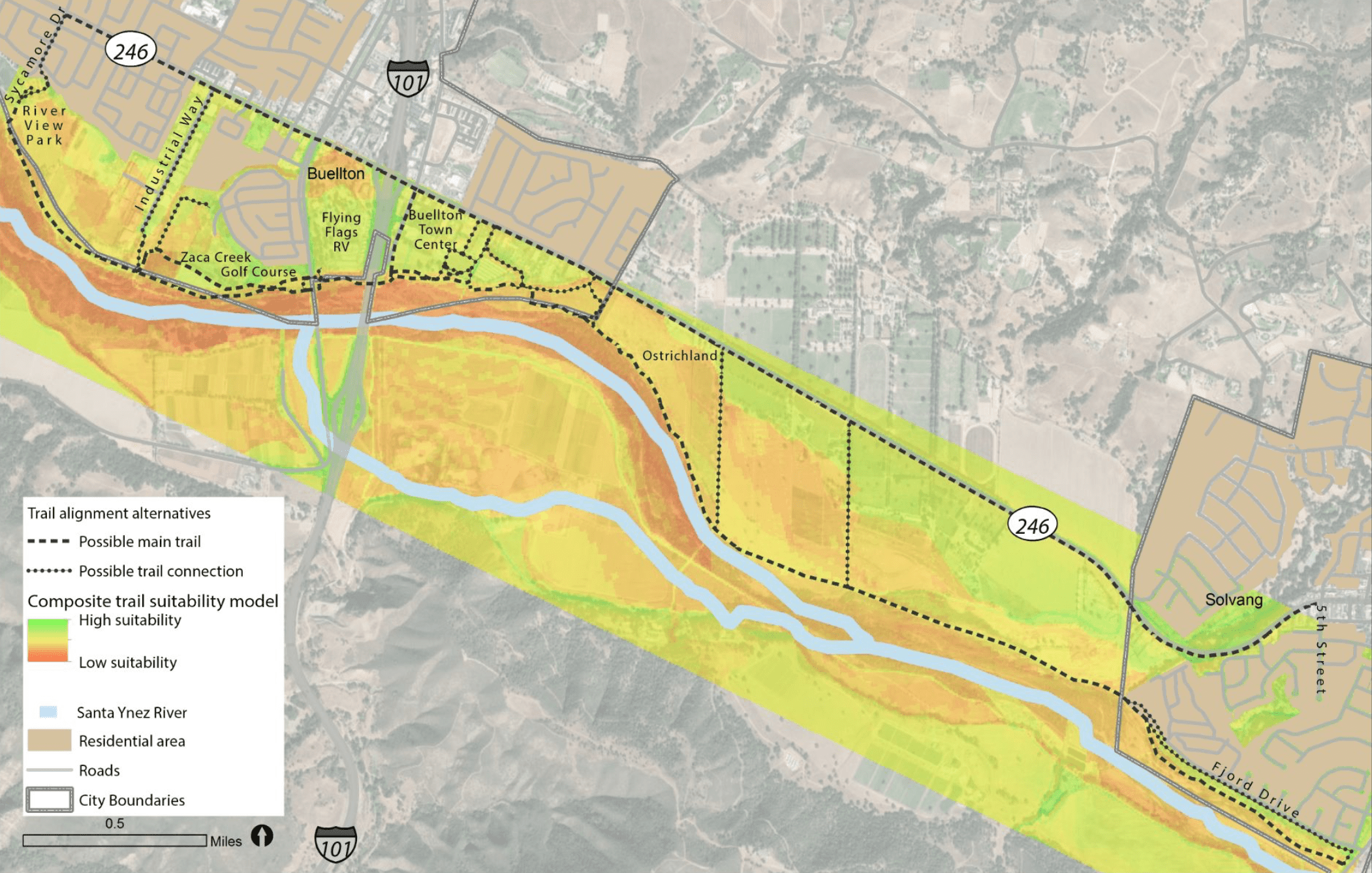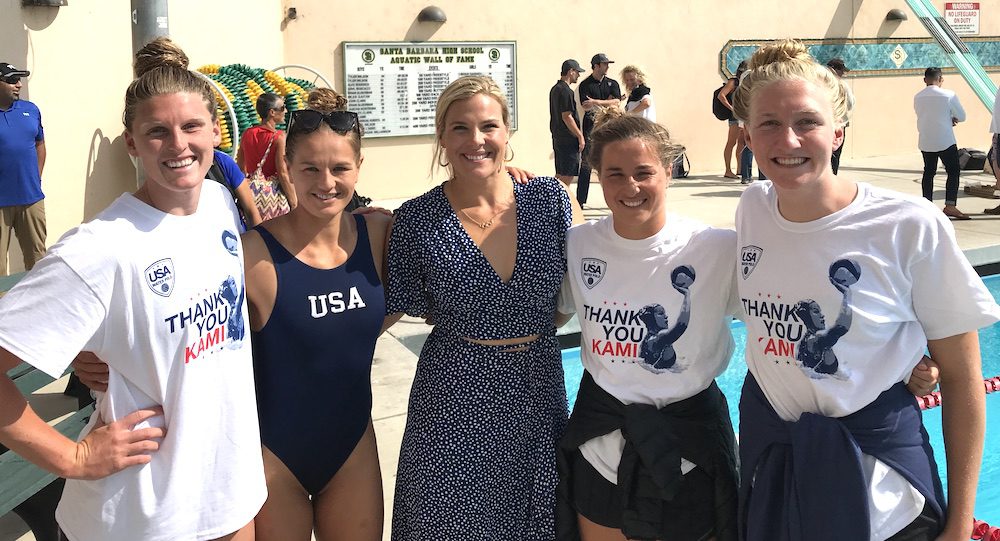By Janene Scully, Noozhawk North County Editor
The California Department of Fish and Wildlife has taken the unusual step of revoking Solvang-based Animal Rescue Team’s wildlife-rehabilitation permit, citing multiple violations including possessing prohibited gray foxes and a coyote.
On Jan. 3, the agency sent Animal Rescue Team Executive Director Julia Di Sieno a letter notifying her about the revocation of the permit and memorandum of understanding, effective Jan. 18.
Animal Rescue Team operates at 875 Carriage Drive outside the Solvang city limits, and has been the source of neighborhood complaints for several years.
“Multiple violations were listed in the revocation letter, including possession of prohibited species, failure to maintain visual separation between species, failure to separate domestic animals from wildlife, and hundreds of counts of records violations,” said Jordan Traverso, deputy director of communications, education and outreach.
The action taken by the agency is rare, with state officials saying this was only the third or fourth permit revocation in a couple of decades, according to staff recollection.
Neither Di Sieno nor Philip Seymour, the attorney who represented ART in the past and an ART advisory board member, responded to a Noozhawk request for comment Thursday.
Di Sieno has the right to appeal the permit revocation to the California Fish and Game Commission within 30 days.
An appeal had not been submitted as of Thursday evening, Traverso said.
The latest allegations stem from violations noted during a Nov. 4, 2018, inspection, according to the letter signed by Nicole Carion, statewide wildlife rehabilitation coordinator.
The inspection determined that Animal Rescue Team had prohibited animals, including one male gray fox, one female gray fox from months earlier, and one coyote from September 2017.
State regulators said Di Sieno failed to keep wild animals separate from domestic animals, and allowed dogs to intermingle with and contact wildlife undergoing rehabilitation.
Among concerns, a bird cage with two parakeets was placed atop a small, blanket-covered animal crate containing a great horned owl in a garage, Carion said.
A large cage that housed a wild scrub jay, one wild woodpecker, and two wild passerine birds also housed domesticated birds, including ring-necked doves and cockatiels, among others, Carion’s letter said.
“Two dog puppies were roaming the rear of your property where a turkey vulture, gray squirrel, hawk, chipmunk, two long-tailed weasels, and six raccoons were housed,” Carion wrote.
“Your yard contained a complex of cages that contained another dog and the gray fox described above.”
The revocation letter said Di Sieno failed to provide the required visual barrier between species, and allowed four large dogs in the backyard in sight of a cage housing a scrub jay and woodpecker.
Meanwhile, the dog puppies roamed within sight of several species undergoing rehabilitation, Carion said.
The state also charged that Di Sieno kept incomplete rehabilitation records for several animals, contending paperwork from 2013, 2017, and 2018 omitted 1,575 required items.
The permit revocation letter ordered Di Sieno to transfer, release, or surrender any wild animals in her possession with the advisory that possession of wildlife after that date would lead to a criminal violation of the Fish and Game Code.
“In addition, please remove any instructions on any signs on your property and on the ART website and social media informing the public how to drop off wildlife at ART or referring to ART’s ability to rehabilitate wildlife,” Carion’s latter said. “If you receive any public inquiries regarding injured, diseased, or orphaned wildlife, please direct the public to the closest wildlife rehabilitation facility.”
On Thursday, the ART website listed its rescue hotline phone number and solicited donations. On several of its webpages, the organization still claimed Thursday it is “operating with permits from the California Department of Fish & Wildlife.”
With Di Sieno as a co-founder, ART began in June 2007, and saw the state renew the permit and memorandum of understanding in 2017.
However, the renewed permit, set to expire March 31, 2020, came with restrictions banning her organization from treating “coyotes, bobcats, badgers, foxes or deer fawns at your facility,” Carion wrote in a 2017 letter.
On Thursday, the ART website said the organization “focuses on large mammal rescue, although birds, including raptors, and reptiles are never turned away. We also are licensed to rescue fawns and have special isolation facilities.”
The notice alerting Di Sieno of the permit revocation said the 2017 restrictions were implemented “because of numerous previous violations.”
Earler warning letters in 2010 cited the rescue, possession, and rehabilitation of two mountain lions, and in 2012 for initiating rescue efforts on a bear and a deer, Carion wrote.
— Noozhawk North County editor Janene Scully can be reached at jscully@noozhawk.com.






